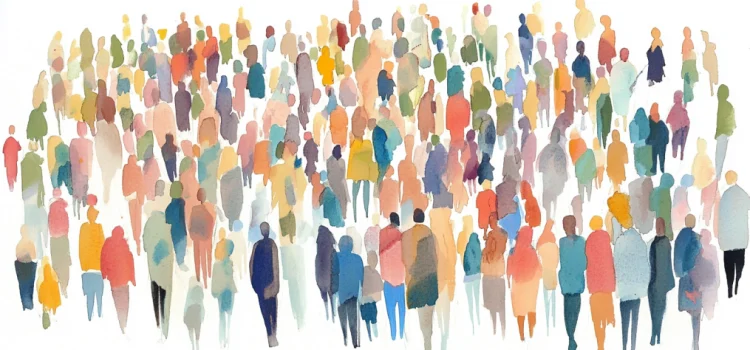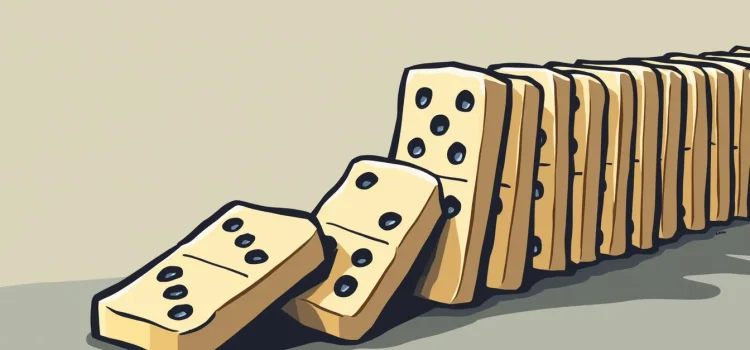How does your brain process abstract concepts? How does our ability to think abstractly shape our understanding of the world? In his book A Thousand Brains, neuroscientist Jeff Hawkins seeks to explain our incredible abstract thinking ability. He proposes that our brain uses similar mechanisms for both concrete and abstract thought. Continue reading to explore the complex mysteries of abstract thinking.
Our Abstract Thinking Ability & the Science Behind It










